In this three-part series, I’ll be looking at three of the most important Genesis RPGs that impacted my life. They may not be games you enjoyed, or even games you have even heard of. But for me, they were formative, and established my love of story-driven adventure gaming that still burns today.
***
Firstly, some backstory.
It’s late 1993, and — like most years — I’ve spent a lot of my free time mooching around our town’s only videogame store. The owner knows me well, given that I’ve been buying Amstrad games from him on a weekly basis for the last few years, essentially helping to keep him in business. I bought a lot of games. His eyes light up as I enter, and he motions me over to a Genesis system, which he knows I was given as a gift the previous Christmas. “Take a look at this game. It’s just arrived.”
The five-minute intro flashes up and leaves me mesmerised, even before I actually get to take control of the character. When I finally do get to move around, I’m sold. I ask him for the price. He tells me it’s $89. I almost keel over. A week later, I go back and hand over everything I’d saved up for the last three months. Taking pity on me, he hands me $10 back with the game.
To date, it’s still the most money I’ve ever paid for a title, on any format. It was worth every single penny.
That game was:
Landstalker: The Treasures of King Nole
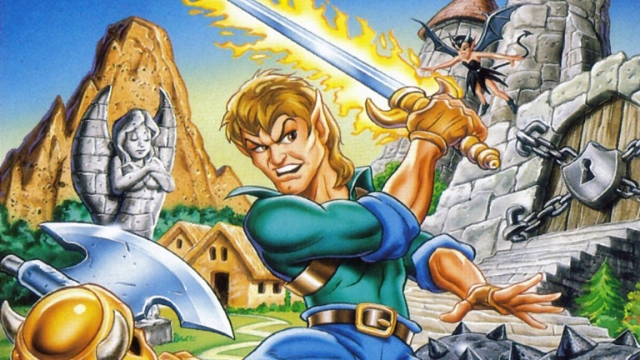
Isn’t This A Bit Like…?
As far as action RPGs go, there’s no question that Landstalker owes a tip of its cap to the Zelda series. The combat is incredibly similar, but the entire game is viewed from an isometric perspective which imbues it with a freshness never before seen in the genre. It’s as if someone had played Head Over Heels and decided to see if they could convert it into a role-playing game.
Landstalker took the template for A Link To The Past and combined verticality with a hero who could jump, resulting in a much more versatile and vibrant world. Towns and sprites were three-dimensional, and puzzles were given an extra element of cunning.
One particularly memorable challenge in a mausoleum saw you trying to solve riddles in a series of crypts which often played on the isometric nature of the game. In one of them, if you couldn’t think laterally you’d never have worked out that you could get to a secret door by turning and walking through a wall next to a tomb. Landstalker taught you to leap for the unknown, embrace the game’s visual identity, and take chances.
So, You’re A Treasure Hunter?
It wasn’t just the gaming world that provided influence, as the introduction made perfectly clear. Chasing after a golden statue? Running away from a huge boulder? As a big Indiana Jones fan, this captured my young imagination immediately.
But what fantastic name would my protagonist be given? Something bold? Something dynamic? Something thrilling?
No.
He was called “Nigel,” and he was eighty-eight years old. (Interestingly, Nigel was named “Lyle” in France, and “Ryle” in Japan, which feel far more “treasure huntery” to me. Still, who am I to judge?)
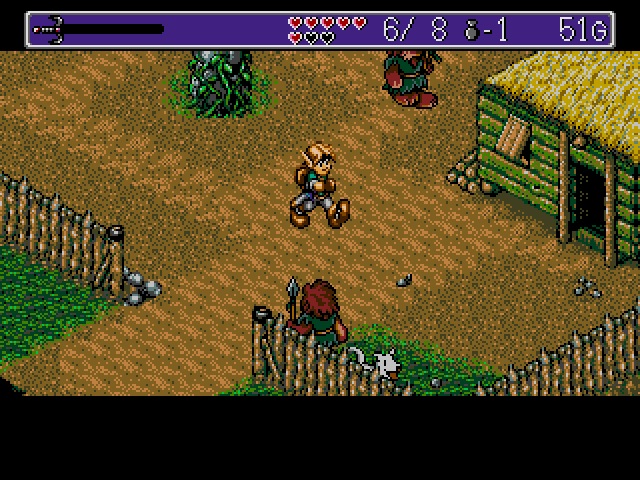
If you could move past the bizarre name — and I did, quickly — what followed was a charming, simple tale of one person’s quest for treasure. Well, actually, two people. You’re accompanied by a tiny wood nymph named Friday, who actually knows where the riches are, but needs someone to protect her from a group of rogue treasure hunters in return for giving you the location.
Nigel and Friday’s relationship is very sweet, despite Nigel being a bit of a single-minded dick. At one point, Friday emerges from his backpack at night and lays bare her feelings, only for her to realise that Nigel is asleep. It’s a moving moment in a game that generally plays for broad laughs from its larger-than-life characters, and is all the more poignant for it.
“I Am But A Shadowy Reflection Of You.”
You find out fairly early on that you’re not alone in your search for the treasures of King Nole. Throughout the game you’ll run into a recurring supporting cast of NPCs who are as delightful as they are unhinged. From Pockets, a shifty bloke who looks like a used car salesman, to Friday’s nemeses Kayla, Ink and Wally (the comic relief trio who have their own theme tune), and the seemingly benevolent but ultimately dastardly Duke Mercator, each character is distinct. At one point, a witch turns you into a dog and you have to run through a basement solving switch-based puzzles with your paws. It’s as crazy as it sounds.
Even the shopkeepers are interesting. Friendly’s Item Shop is run by a guy who sells items at low, low prices, but when you’re stuck in the middle of the mountains, you meet his brother Greedly. If anyone’s looked at service station prices in the backend of beyond, you may be able to guess where things go from there.

One of the best aspects of the tale is its black and white simplicity. Duke Mercator is a ruthless, but ultimately base man who wants nothing more than gold. He’s pitched as the main antagonist, but he’s only a couple of steps removed from Nigel in terms of how he goes about achieving his goals.
Despite initially coming across as charming, it’s revealed throughout the game that he’s more than happy to resort to kidnap and slavery to beat you to the treasure. He wields no special powers, other than being one step ahead of you for the duration of the game, and as a villain, he’s rather ordinary. But then so was Belloq in Raiders Of The Lost Ark, and we all know what happened to him…
Landstalker doesn’t aim to weave a particularly challenging narrative, instead concentrating on fun mechanics and a colourful cast. However, I’d argue — perhaps controversially — that it’s at least on a par with A Link To The Past from a storytelling perspective.
Those Screams, Though…
Landstalker’s combat is simple and frenetic. Weapon-wise, Nigel is equipped solely with a sword for the entire game, but better upgrades are discovered as you explore which inflict elemental effects on enemies. Every single death is indicated by a horrific scream, like someone strangling a crow.
Eventually, you’ll tune it out like white noise, because there are hundreds of things to kill in the game and it might otherwise send you insane. Bubbles, mushrooms, worms with human faces, chest mimics, golems, skeletons… the menagerie is impressive and is rounded off by some wonderful bosses.
As in most Zelda titles, your aim is to just smack an enemy with your sword — or your sword’s elemental power — until it’s dead. There’s no complex combat system, other than jumping around the screen as needed to maneuver out of the way of enemies. Bosses are a little trickier, since you have to learn their pattern, but this isn’t Dark Souls. It can get tricky but not frustrating, and the pacing is perfectly pitched and keeps momentum going onto the next area, the next dungeon, and the next clue.
The introduction saw Nigel leaping from screen to screen and from platform to platform by pulling off the most incredible feats of timing. As a marketing tool, it could potentially have put people off buying the game. Even I had to pause briefly when I saw some of the jumps that — I assumed — I would be expected to emulate. Thankfully, I was never required to achieve anything remotely close to those opening few minutes.
If I had, I’d probably have never finished the game.
There And Back Again
Further equipment such as armor, boots and rings can also be acquired to boost Nigel’s defenses, but usually help him navigate previously inaccessible areas. One of my favorite parts of the game was discovering that, after a dozen hours of adventuring in search of the treasure, I ended up returning to the start.
Replaying the intro sequence on my second runthrough showed me that Climax had laid out the clues right in front of me at the very beginning, but I simply hadn’t twigged. Friday had been right all along about the treasure’s location, and if Nigel had just gone back there immediately, he’d have found it. Granted, the quest would probably have been over in an hour, but then he only has himself to blame.
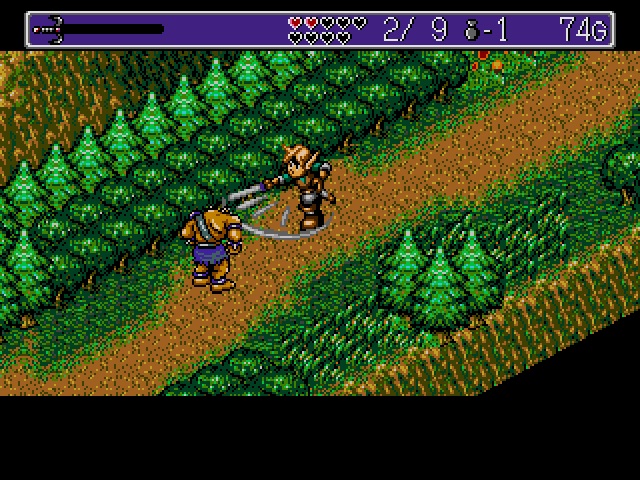
Many of the environments in Landstalker’s world are like this, revealing inaccessible (and often optional) areas that need to be returned to once you’ve picked up a new, shiny toy. Back in the days where cartridge memory was at a premium, it was a clever way of reusing assets whilst providing content. Here though, unlike similar games which may have you rolling your eyes at the obvious cheapness of the tactics used, it didn’t feel like you were being cheated. Enemy strength was static, so as my swords increased in power, the length of time I needed to spend in each area was reduced to the point where I could smash through skeletons with a single sweep. It was genuinely gratifying.
Do De De Dooooooo…
Motoaki Takenouchi was only 25 when he composed Landstalker’s soundtrack and, like the best earworms, it remains with me today. The town theme was a supremely jaunty affair which I immediately associated with safety — “Yes! I can finally save my game!” — but it stuck in my head. It wasn’t the only tune either. Kayla, Ink and Wally had their own theme which played whenever they made an appearance. The adventuring cues were catchy enough for me to be able to whistle from memory a quarter of a century on.
Simply put, it’s a hugely underrated OST, and Takenouchi-san worked wonders with synths, beats and keyboards to produce a dazzling array of tracks. For me, it wasn’t the pinnacle of his Genesis output though — that would be the soundtrack for the third game I’ll be covering in this series.
So, What Happened To The Sequel?
Landstalker took me around fifteen hours to complete. Truthfully, I was a little obsessed, thoroughly captivated by the story (about which I kept a diary, charting my progress from the eyes of Nigel), and as soon as I was done, I started over again.
Every time I played it, I found something new — whether it was items being flung from Mercator Tower by the imprisoned princess in a cry for help, or a sword that I’d somehow completely missed on my previous playthroughs. There was something captivating about the game’s delivery, and it didn’t outstay its welcome — the exception being the final labyrinth that never, ever fails to cause me grief even today.
Unfortunately, despite my desperate wishes, a true sequel never made it to western shores. The official follow-up Lady Stalker was released in Japan to mixed reviews, removing the protagonist’s ability to jump, and therefore discarding one of the key features of the original. Climax Entertainment followed this up with Dark Savior on the Saturn, which was more of a spiritual successor and one that simply didn’t capture that same magic I’d experienced as a (broke) kid.
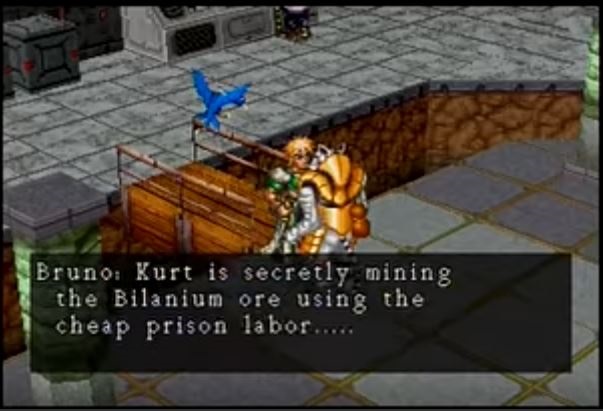
The studio may have wrapped up a couple of years ago, but we’re living in a world where anyone can ask for crowd-funding. With Landstalker available on Wii and Steam, there’s still plenty of opportunity to try out this gem and gather support. The Genesis is even making a comeback in Brazil. Who knows, perhaps we’ll see a genuine successor at some point? If so, I’ll be first in the queue to fund it.
“Nigel”, though?
Wow.
Do you have fond memories of Landstalker? Or was the final dungeon too much for your controller to take after you hurled it across the room? Let me know in the comments!

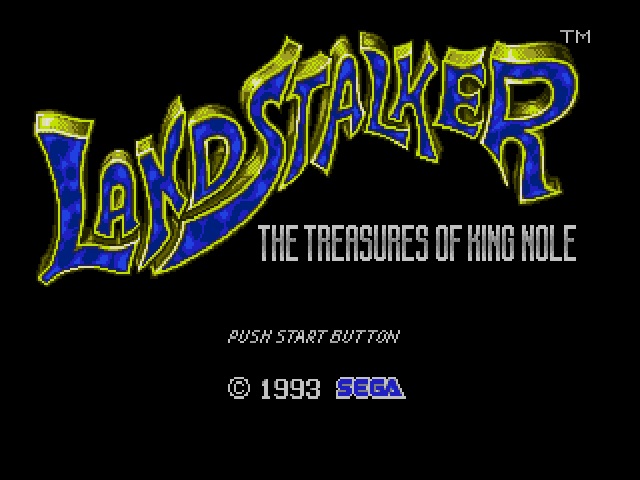
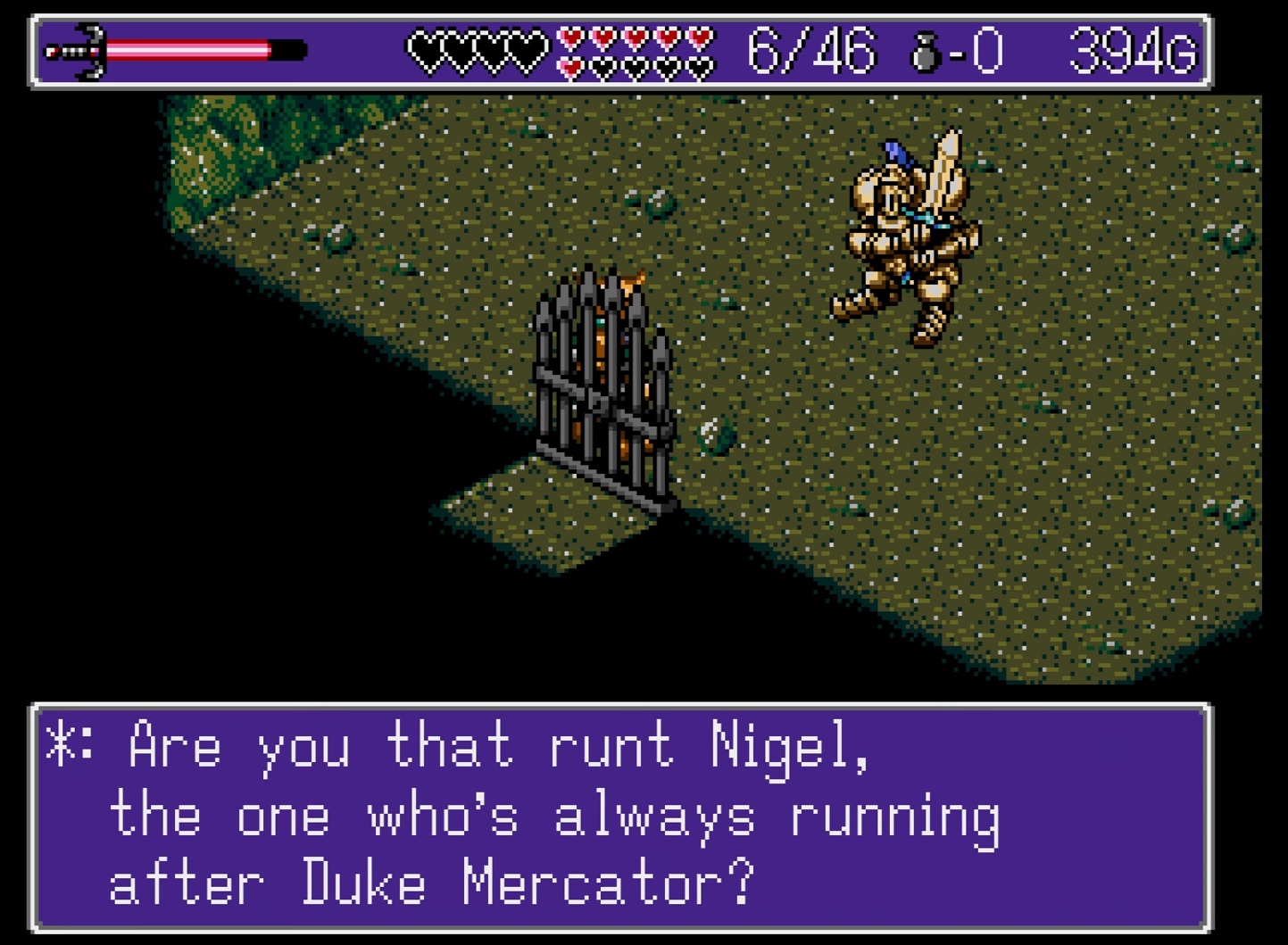






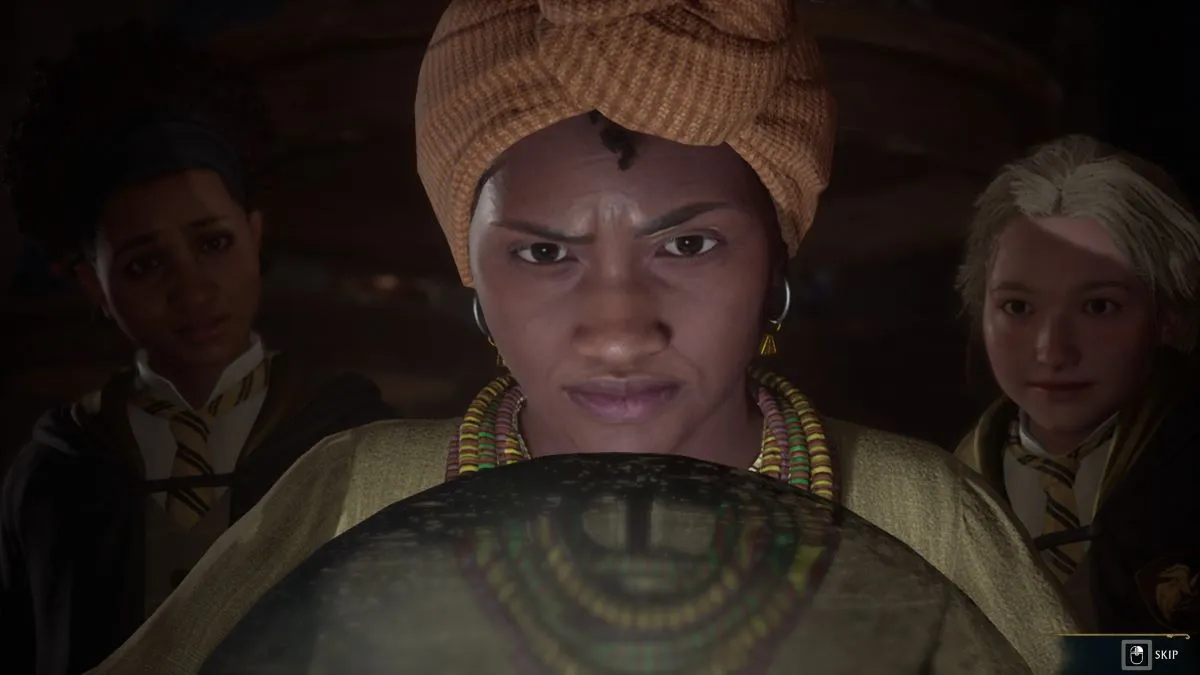
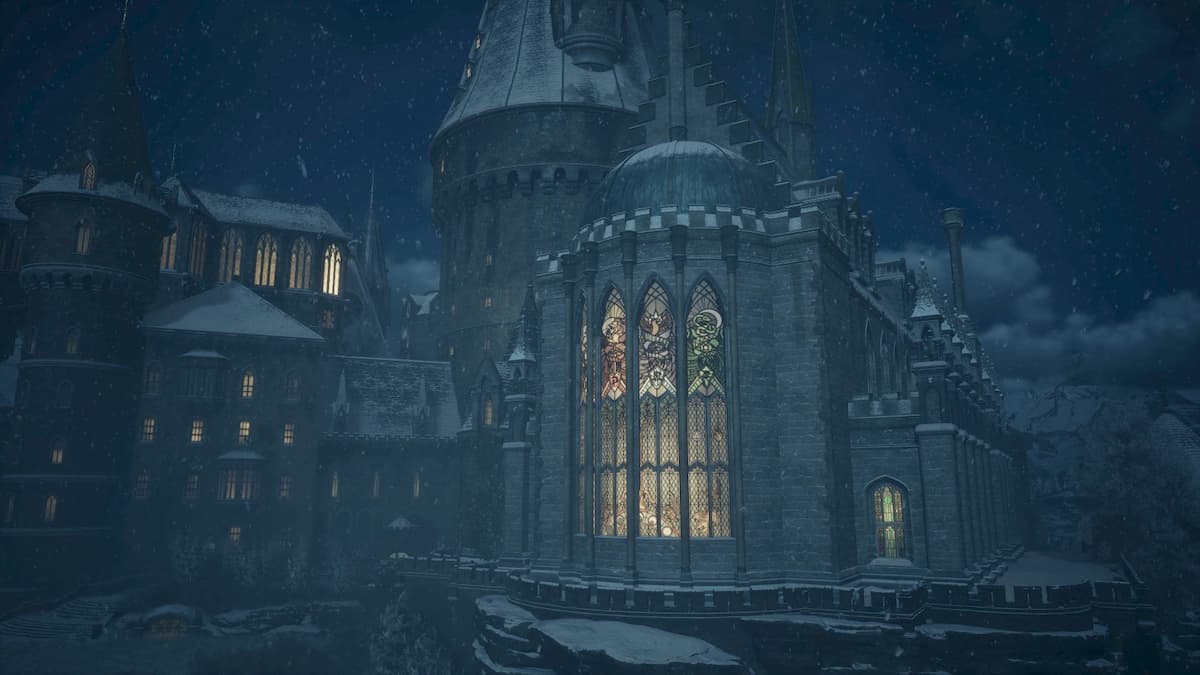
Published: Jan 23, 2017 03:49 am